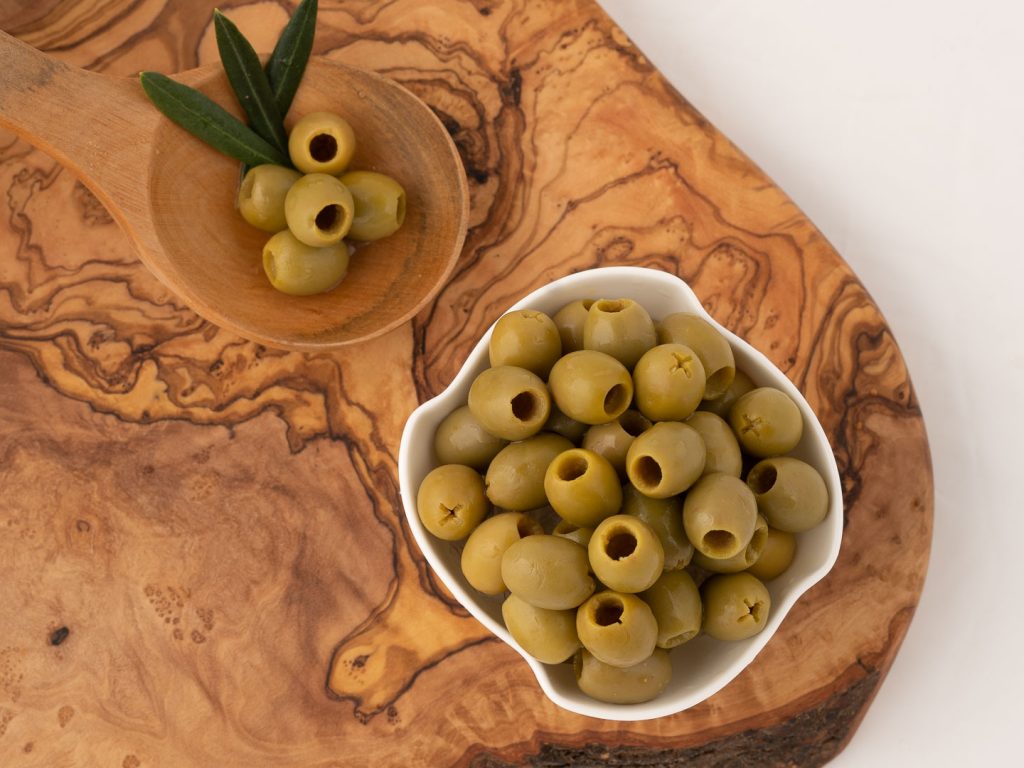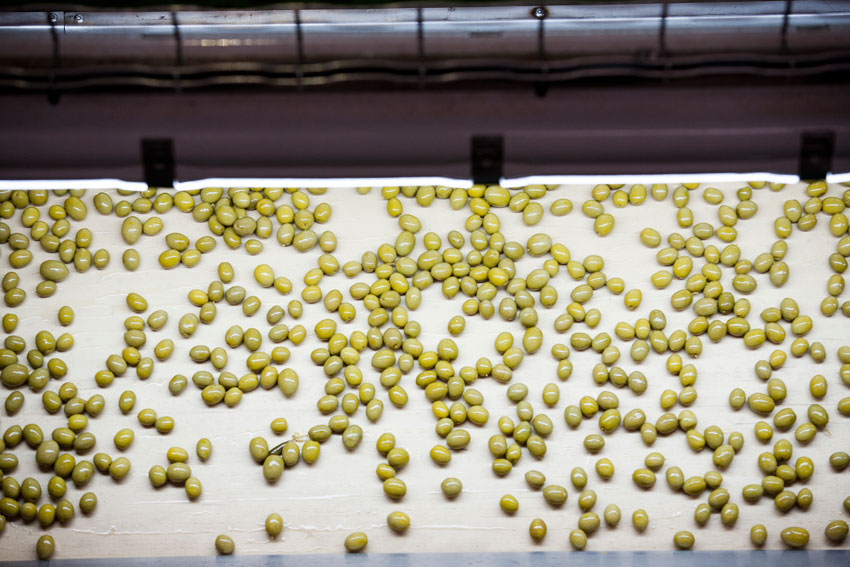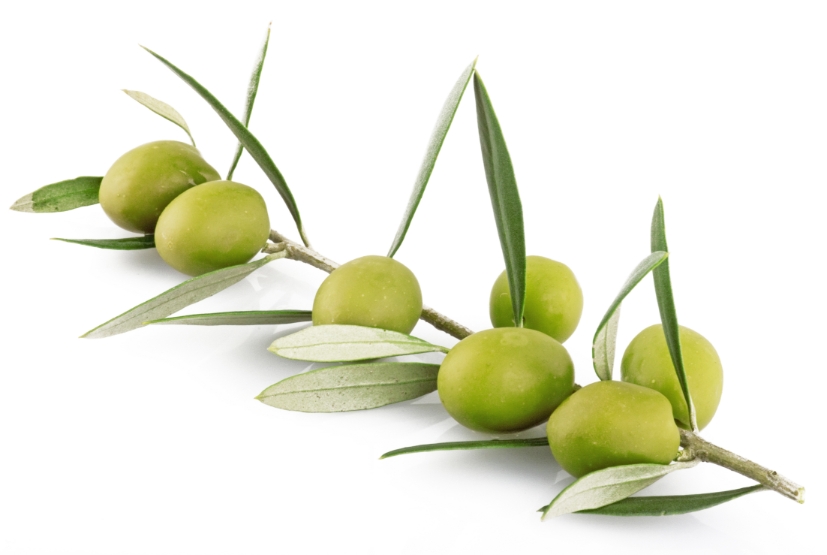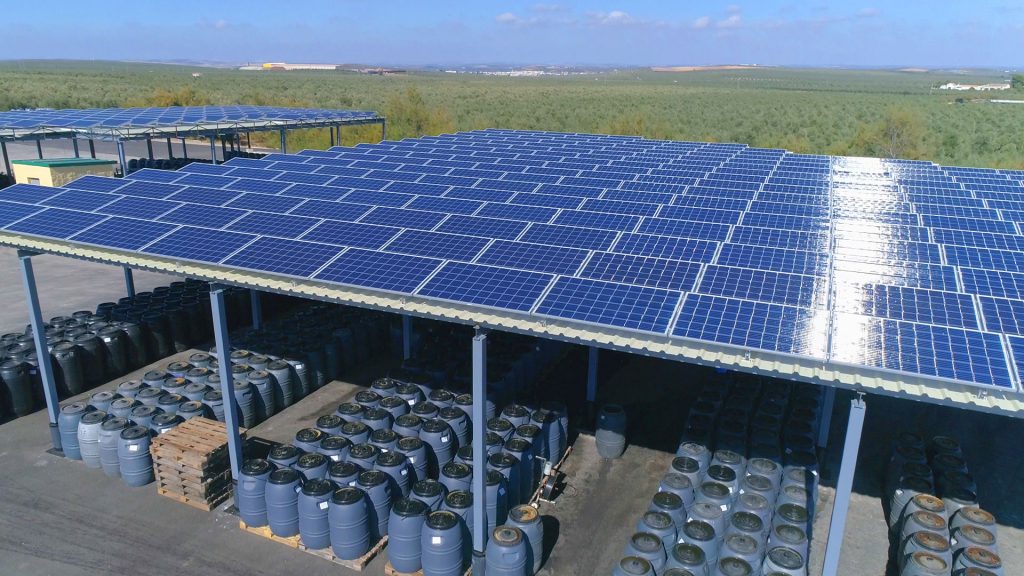ENGLOBA Project

Reduction of polluting effluents and use of products with fertilizing properties, due to the modification of alkaline bleach in the production of table olives (ENGLOBA)
ENGLOBA propose is to lower, until completely eliminating, the residue produced in olive dressing, by substituting the sodium hydroxide, or caustic soda, for another alkaline bleach like potassium hydroxide. It is proven that potassium hydroxide can be easily neutralized and transformed into a salt (potassium sulfate) which is one of the main agronomic macronutrients or fertilizers.
Replacing that ingredient from the seasoning stage in industrial processes will completely eliminate that type of waste. Companies that implement this procedure could use this neutralized residue as raw material for the manufacture of fertilizers, applicable to any type of crops. ENGLOBA project proposes to test it in olive grove, grapevine, tomato and corn, crops that retain the extra fertilizer input very well, and that are close to the industrial zones of the companies participating in this project.
New Spanish-style green table olive production process using thermal and microbiological modulation (OLEVA)

OLEVA is a private industrial research project from the company ESTEPAOLIVA S.L. Its main objective is to establish a tested procedure that allows the company, in the shortest possible time, to have a controlled flow of olives of the highest quality and food safety, made naturally and at the lowest possible cost, for early marketing, which allows the company to differentiate from their competitors, improving their productivity.
The achievement of the objectives will allow ESTEPAOLIVA to adjust the speed and duration of its production processes, improve the quality, and provide a differentiating identity to its products.
Optimization of the fermentation process of table olives seasoned through the Sevillian style

The main objective of the project has been the comparative study of the microbiota present in the fermenters of green olives of the Hojiblanca variety seasoned in the Sevillian style affected by the alteration called “tumultuous fermentations”. It is intended to identify those microbial species that are directly responsible for the alteration phenomenon. The identification will allow to establish strategies to determine ways of elaboration that eradicate or reduce the appearance of this type of tumultuous fermentation.
Program for the sustainable energy development of Andalusia

ESTEPAOLIVA SL. has been subsidized from the European Union under the European Regional Development Fund for (A.4.2 c Advanced isolated or connected installations or with a very high degree of self-consumption), within the Program for the sustainable energy development of Andalusia in the period 2017-2020, which aims to achieve a cleaner and more sustainable economy.

